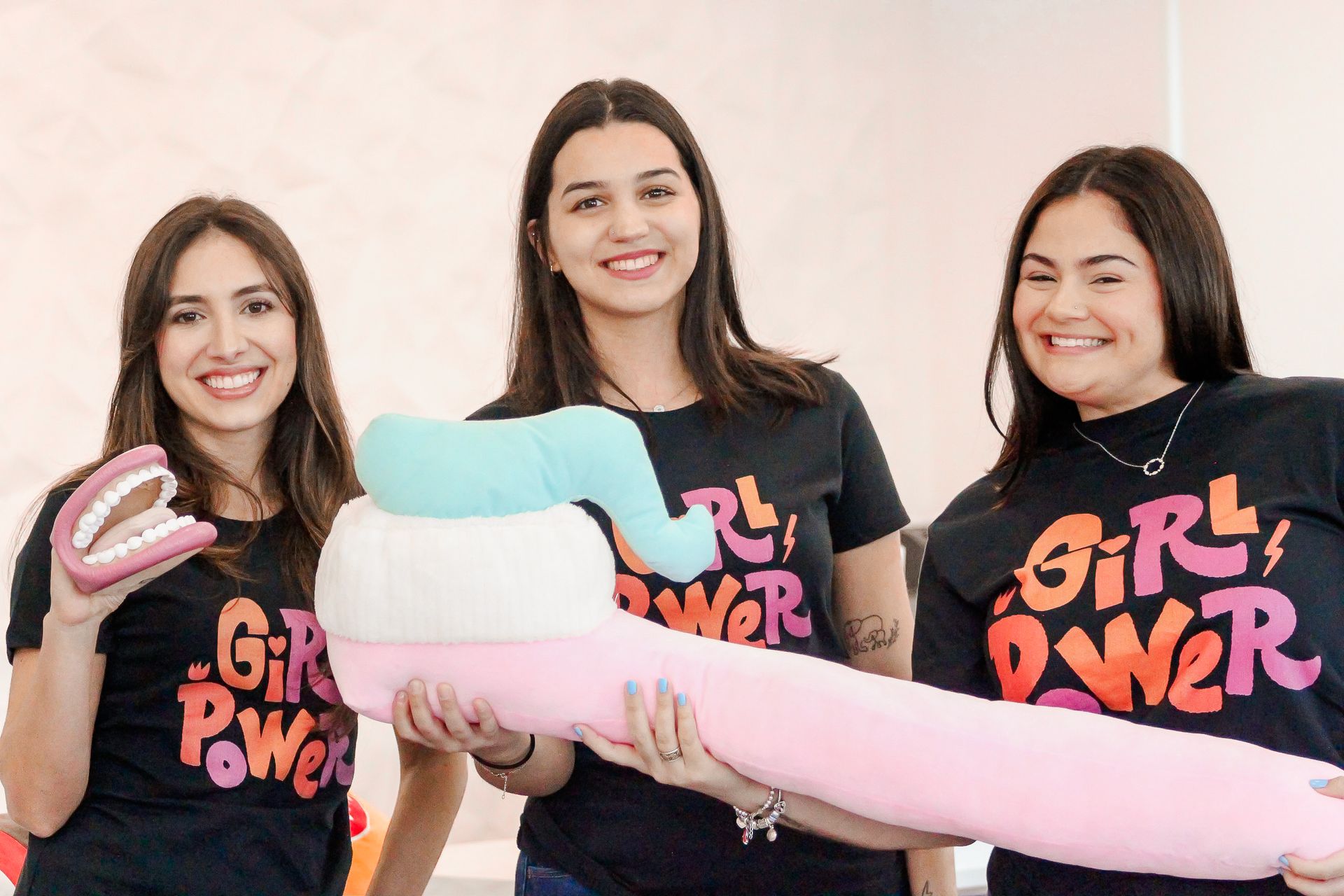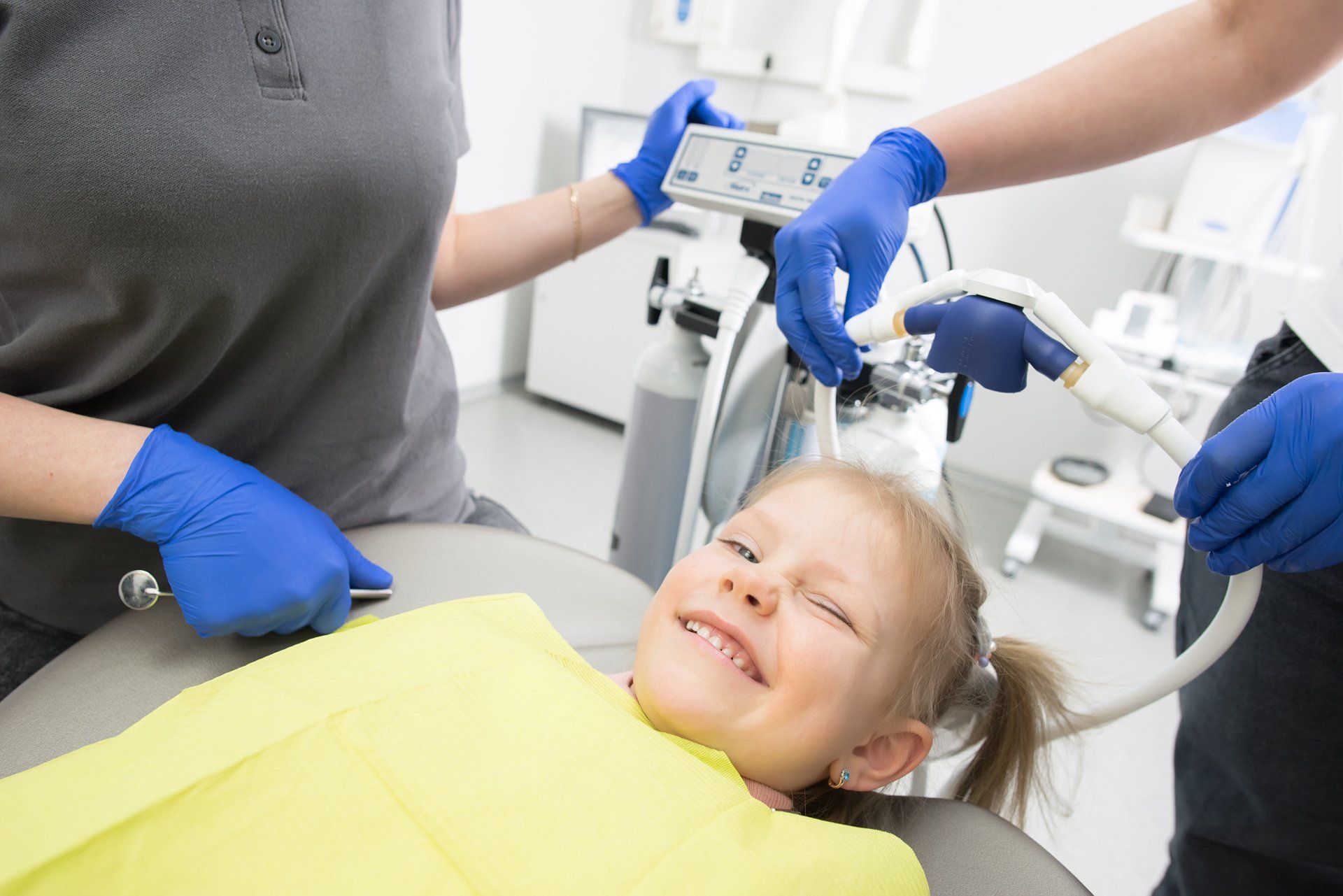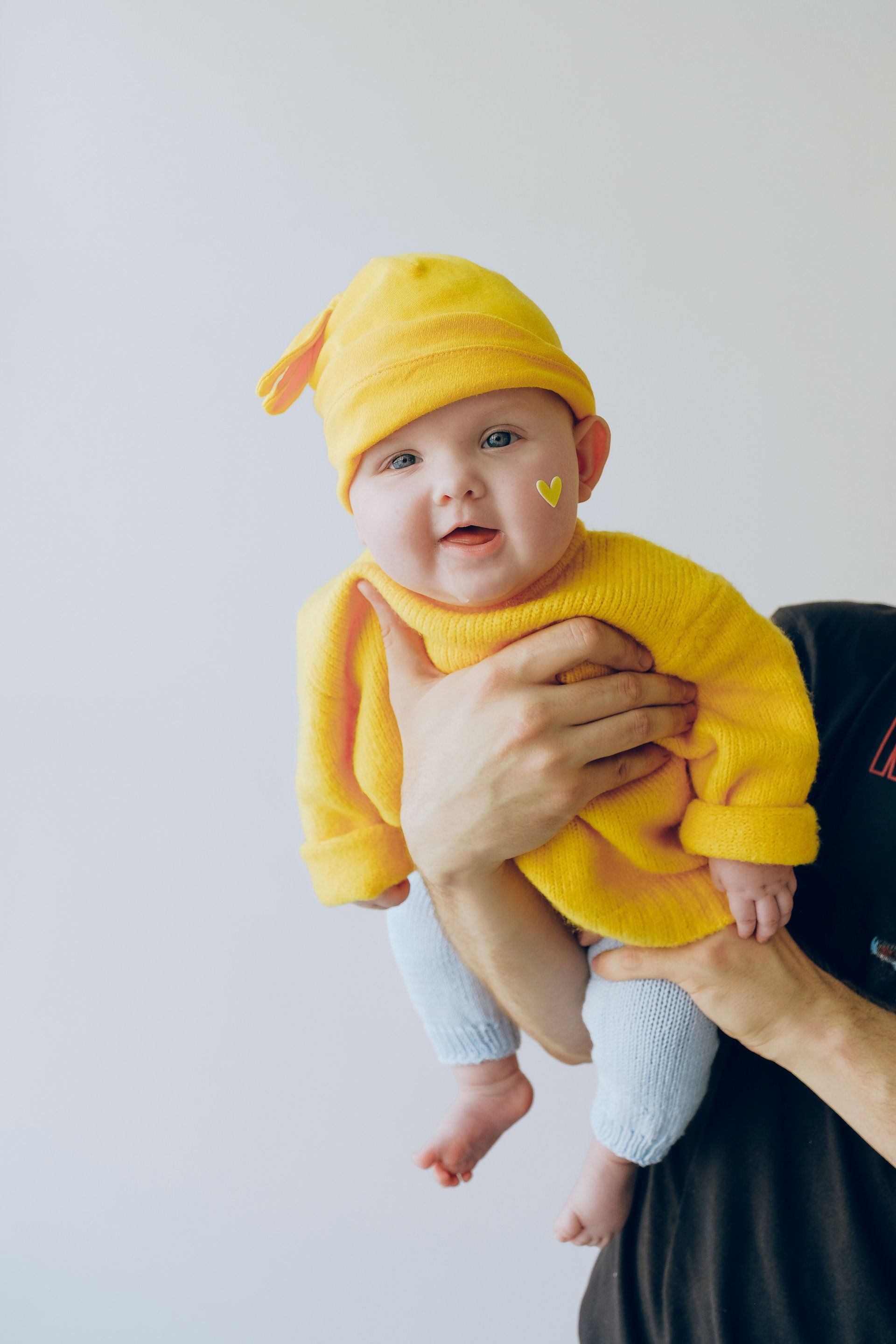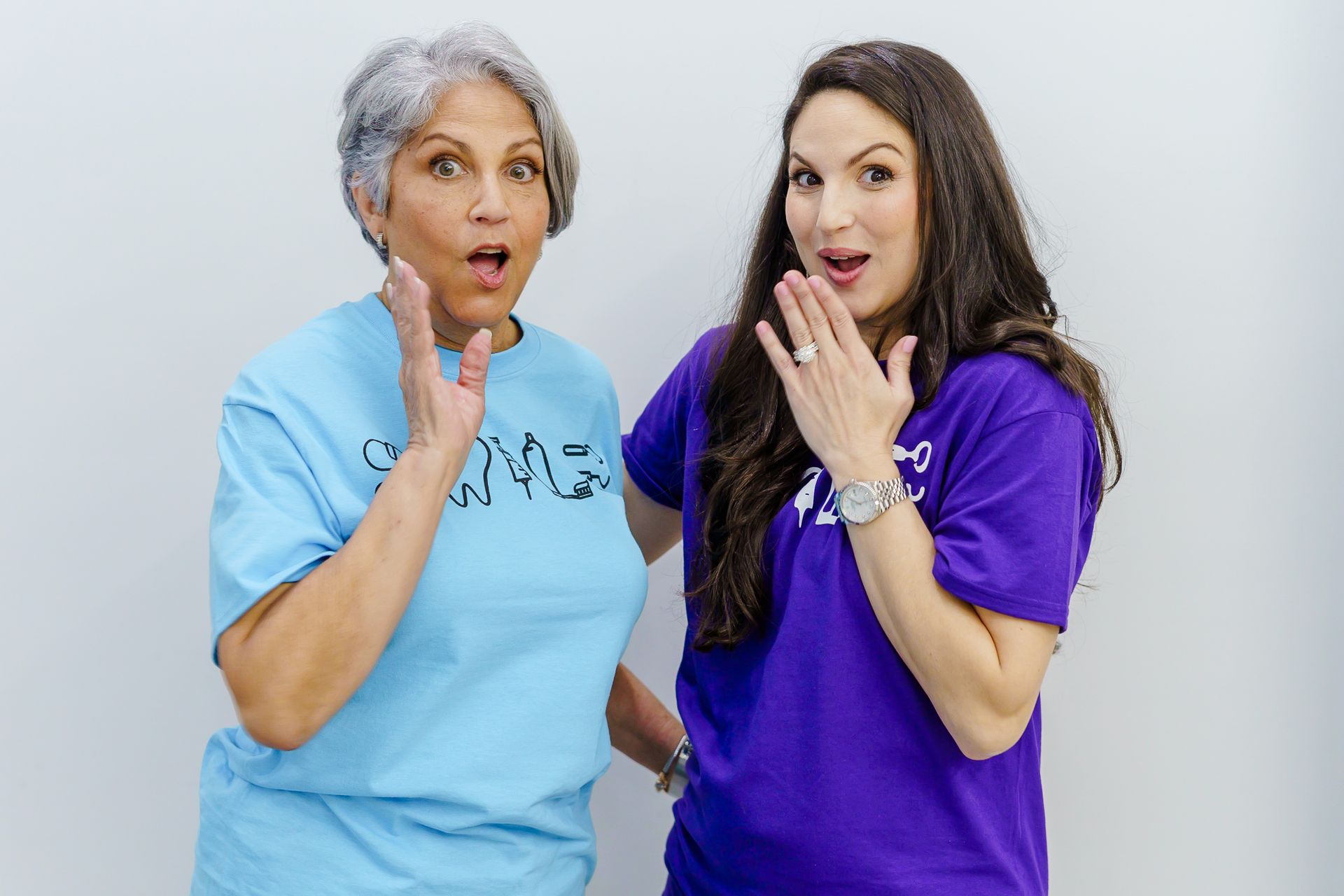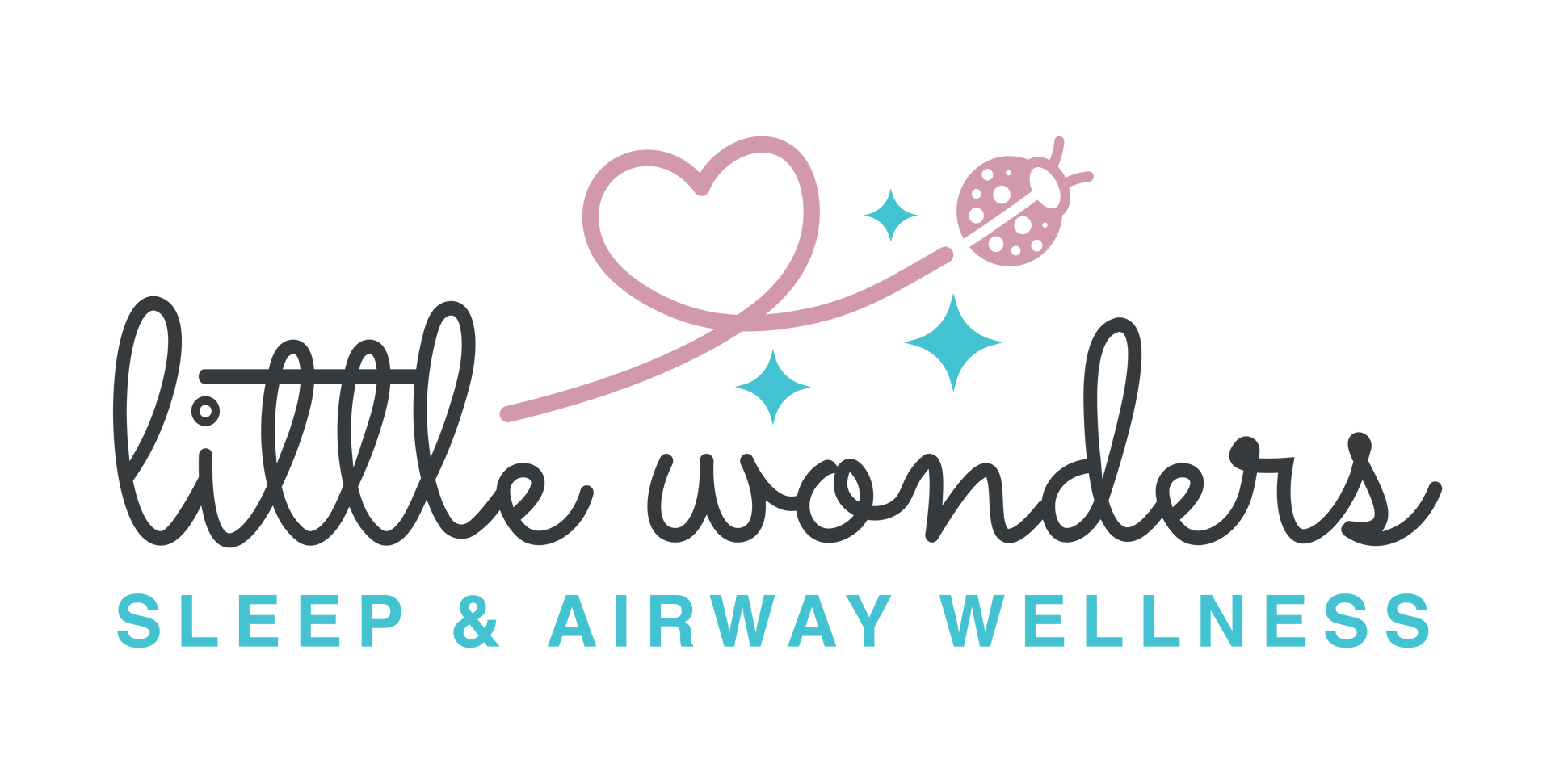Sedation Dentistry
Ensure your child's comfort during dental procedures with our safe and effective sedation options at Journey Kids Dental.
Sedation Dentistry: Comfortable and Stress-Free Dental Care
What is Sedation Dentistry?
Sedation dentistry involves using medication to help children relax during dental procedures. It is especially beneficial for those with dental anxiety, special needs, or those undergoing extensive treatments.
Types of Sedation We Offer
At Journey Kids Dental, we provide various sedation options tailored to your child’s needs, including:
- Nitrous Oxide (Laughing Gas): A mild sedative inhaled through a mask that helps children relax while remaining awake and responsive.
- Oral Sedation: Medication taken by mouth that makes children drowsy but still conscious.
- IV Sedation: Administered through a vein, it allows for deeper sedation while the child remains responsive.
- General Anesthesia: Used for more complex procedures, where the child is completely asleep and unaware during the treatment.
Benefits of Sedation Dentistry for Kids
- Reduced Anxiety: Helps children feel calm and relaxed, minimizing fear and stress.
- Comfort: Ensures a pain-free experience during dental procedures.
- Efficient Treatment: Allows the dentist to perform multiple procedures in one visit if necessary.
Is Sedation Dentistry Safe?
Yes, sedation dentistry is safe when administered by trained professionals. Our team at Journey Kids Dental is experienced in pediatric sedation and follows strict protocols to ensure your child’s safety and comfort.
Preparing for Sedation
We will provide detailed instructions on how to prepare your child for their sedation appointment, including fasting requirements and post-procedure care.
Conclusion
Sedation dentistry at Journey Kids Dental offers a stress-free and comfortable solution for your child’s dental needs. Contact us to learn more about our sedation options and schedule an appointment.
